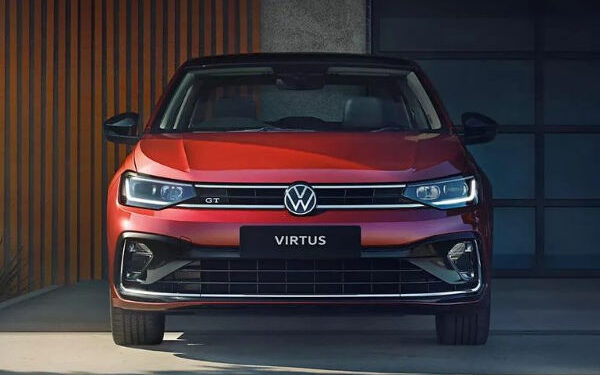Volkswagen plans to use its cost-effective CMP 21 foundation to manufacture new electric vehicles for the Indian market. First developed in China, this platform will allow VW to make EVs that compete with popular upcoming vehicles like the Hyundai Creta EV and the Tata Harrier EV.
The architecture of the CMP 21 (China Main Platform) can support four-wheelers with bodies that have a length between 4.3 and 4.8 meters. As a result, the German automaker may use it to create electric versions of well-known Indian cars like the Skoda Kushaq and the Volkswagen Taigun.
Volkswagen may develop a 7-seater electric SUV based on this platform to compete with larger electric SUVs like the Tata Safari EV, Mahindra XUV.e9, and Mahindra XUV.e8. These SUVs ought to hit the market early in the upcoming year. Additionally, this platform may be used to create an electric MPV, expanding Volkswagen’s product line.
The PEAK EV EV concept was previously studied by the corporation, but it was shelved due to unmanageable costs. Volkswagen has shifted its attention to the CMP 21 platform, which is more reasonably priced.
Although the CMP 21 platform’s characteristics are still unknown, it is anticipated to offer an all-wheel drive option with two motors and come standard with rear-wheel drive. Because of its adaptability, the platform can accept batteries with capacities ranging from 40kWh to 80kWh. It is also expected to feature a wheelbase of 2,771mm, the same as the ID.4, meaning that there will be plenty of capacity for passengers.
The first CMP 21 electric SUV is expected to arrive in India by mid-2027. The company is confident that Indian customers would embrace this new range of affordable electric vehicles.







